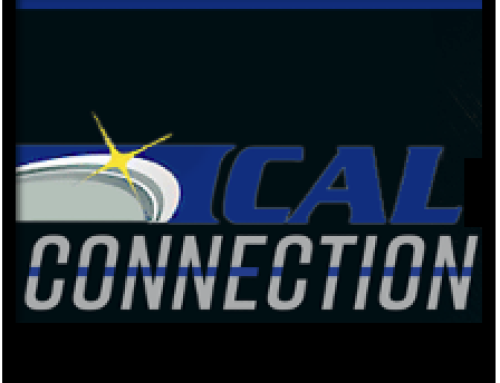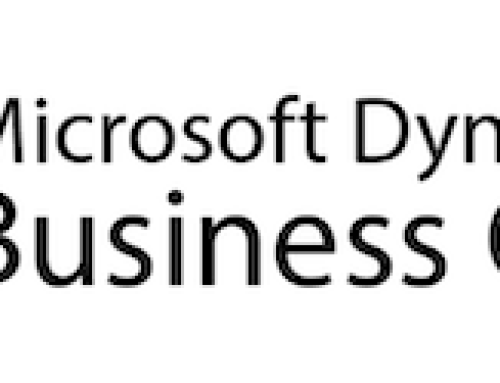Let’s say that you’re an online merchant. Your payment service provider processes online payments provides fraud and security management and even calculates sales tax for you. Curing disease and establishing world peace can’t be far behind, right?
All of these functions are necessary for supporting order-to-cash scenarios for an e-commerce platform. So if payment providers can offer all of these critical services under one umbrella, what merchant wouldn’t want to use them? Remember: if something seems too good to be true it usually is. These companies are built for reducing customer risk, but their goal is being rendered counterproductive by treating sales tax as an afterthought.
An afterthought is something secondary — something not thought of as part of the original plan. Companies tend to think about sales tax as secondary because it’s a pass-through activity for their business; the main focus is usually on all of the pieces that go into supporting a successful e-commerce site and driving revenue.
Download the white paper: “Don’t Make Sales Tax an Afterthought”
No matter what anyone tells you, sales tax is not easy. But treating it as an afterthought can be an expensive mistake involving time, risk and money.
Here are some common issues for sales tax solutions offered by payment providers:
- Tax Content – They license sales tax content from a third party. Do you want a provider that is going to stand by their data or “pass the buck”?
- Accuracy – They use a zip-code based tax table system to determine tax rates. ZIP codes don’t mean zip – they’re too inaccurate to calculate sales tax in many states. Geolocation is the only way to be sure you’ve got it right.
- Product and Service Taxability – They don’t support any rules for varying product taxability, leaving you vulnerable to inaccuracy based on sales tax holidays, product threshold rules, and other rule variations. Supporting variable taxability ensures the product or service is taxed correctly no matter when, where or how you sell it.
- Reporting – They don’t offer any out-of-the-box sales tax reports. Whether you’re preparing for the monthly or quarterly filing crunch or for a sales tax audit, detailed and reliable reporting is a must.
- Calculation Speed – They don’t support sub-second calculation speeds. This can adversely affect your user-conversions rates because customers don’t like to wait.
- Integrated Filing Service – They don’t offer an integrated filing service. No matter what kind of business you run, it makes sense to consolidate your sales tax efforts with a platform that does it all: calculating the tax, handling the returns, and navigating the remittance process with states.
- Support – They don’t have in-house sales tax expertise. When you have a compliance question, there’s a lot at stake. You need knowledgeable and timely support to make sure you get the right answer the first time.
Choosing the right tax solution is a big deal. It can mean the difference between a difficult relationship with sales tax (inefficient manual work, ongoing customer service issues, and costly audits) and an easy one (working with a partner that specializes in sales tax automation).
If you are currently in the Afterthought Club, it might be time to rethink how you’re managing sales tax compliance – so you can relax knowing that it’s being done correctly. You can take the first step in getting proactive by reading the free whitepaper “Don’t Make Sales Tax an Afterthought.”
By Avalara, a CAL Business Solutions Partner for Microsoft Dynamics GP users on www.calszone.com/marketplace
















